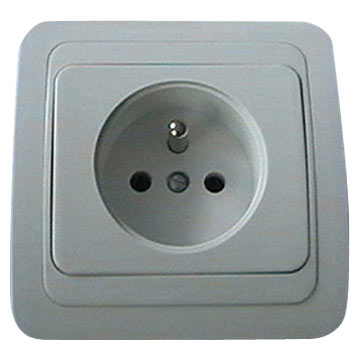Teaspoon
Senior Member
- Location
- Camden,Tn.
It is basically an enclosure within the enclosure. The inner enclosure covers the line side conductors and the main breaker. It would be made of the same material as the rest of the enclosure.
Bob did point out the issue of the line side enclosure taking up one end of the panel making branch circuit wiring more difficult. This rule in the Canadian code is why you often see panels mounted horizontally and not vertically. They do not have a rule like the one in 404.7 that requires vertically operated breakers to have the breaker on with the handle up. The rule in 404.7 effectively prohibits the horizontal installation of a panel.
There are a number of ways this issue could be resolved. Breakers could be made in two versions, a top and a bottom version that would permit a horizontal installation and still have all of the breakers on with the handle in the up position. The easiest way to make this work would be to use a wider panel that allows vertical wireways within the panel from the top to the bottom to permit the installation of branch circuit conductors without interfering with the line side barrier sub-enclosure.
One solution would be an outside disconnect. Maybe not the best option.
Personally I like having a disconnect. it provides several pro's.
I know there are also some con's

